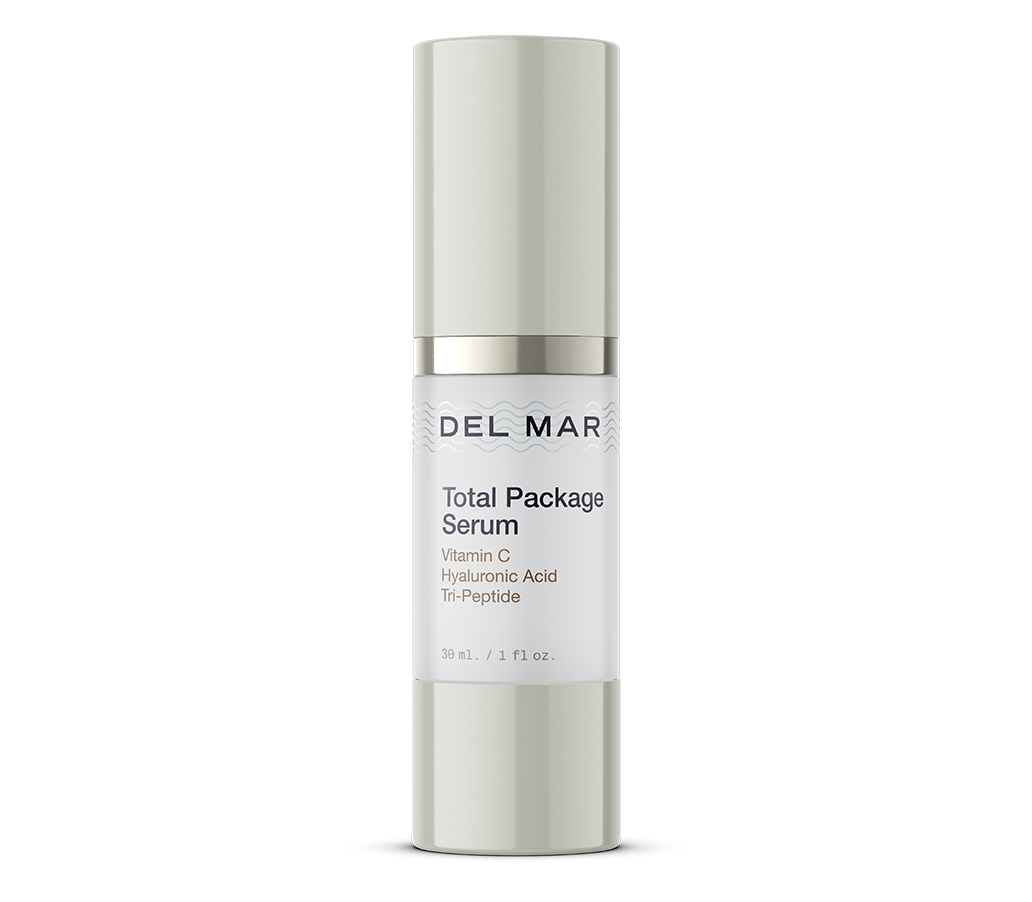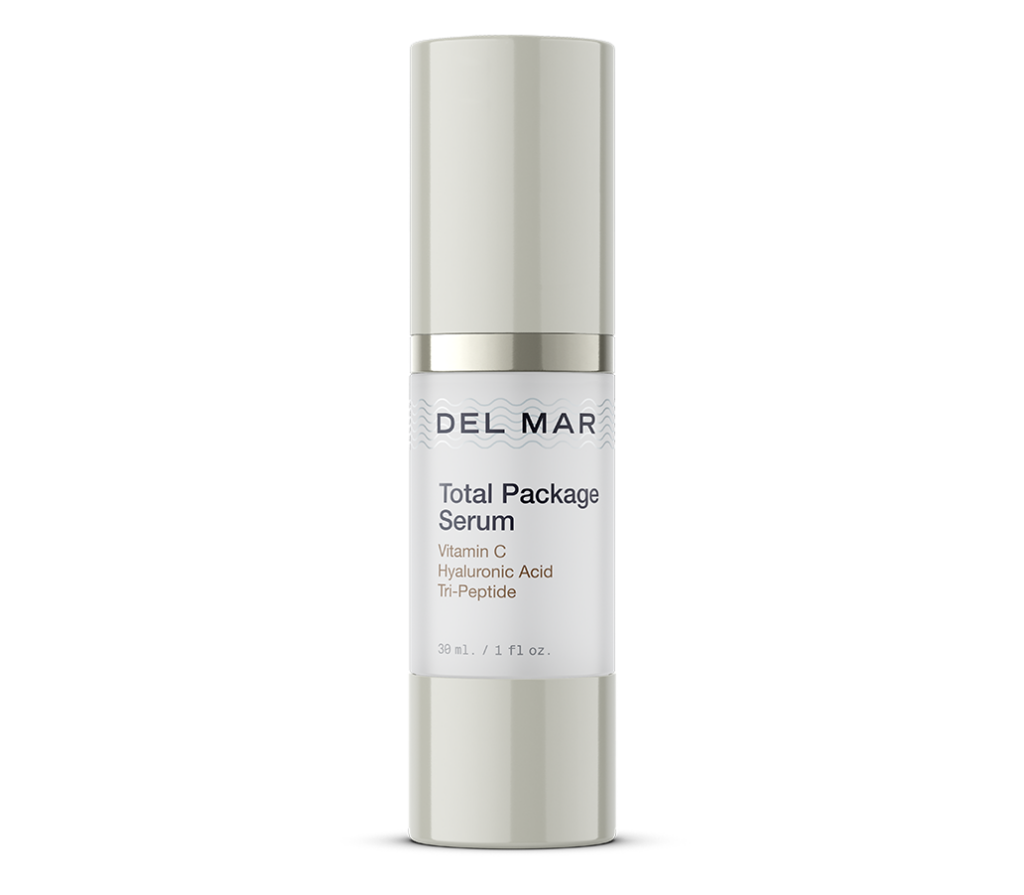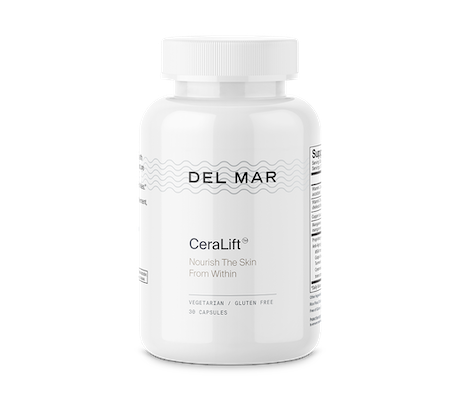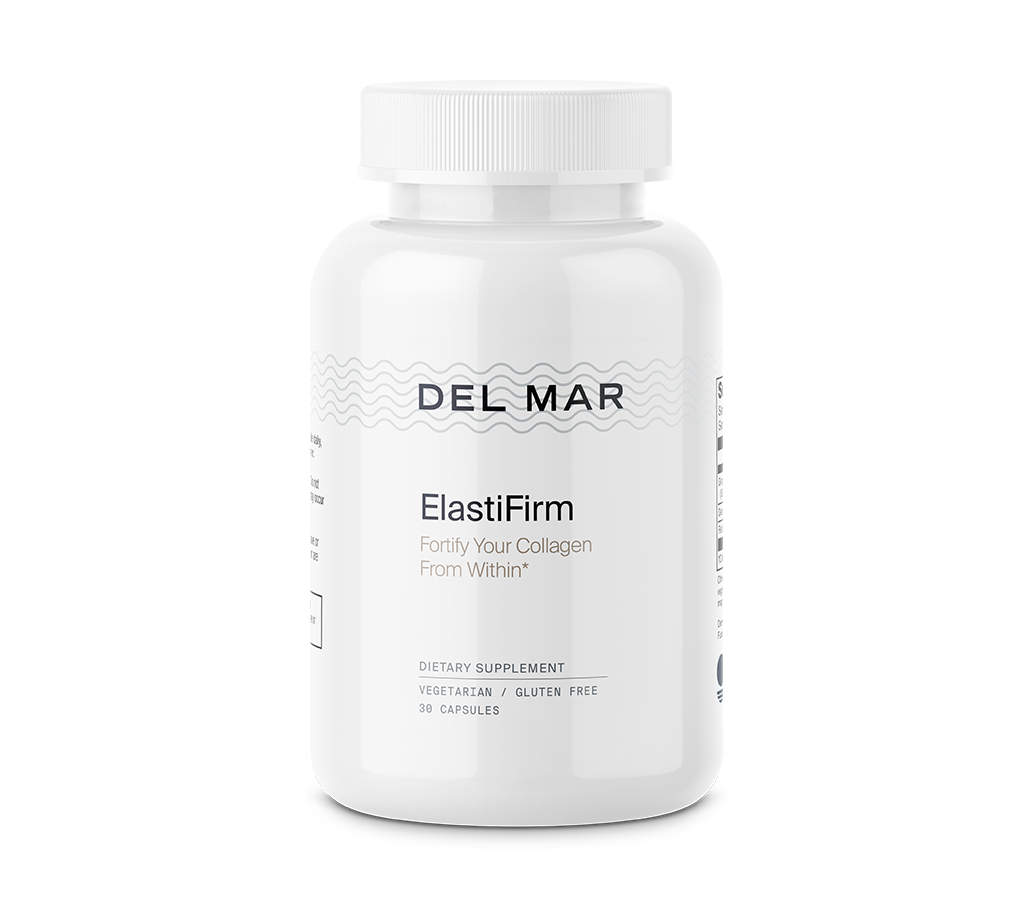Everyone wants thicker, full, voluminous hair…
But would you…
Poke hundreds of holes in your scalp with a microneedle?
Soak your head in onion juice?
Crack a raw egg onto your scalp?
According to the American Academy of Dermatology, nearly 50 million men and women in the United States are suffering from hair loss.
Our hair is one of the first things people notice about us. And just because hair loss is a common problem, it doesn’t make it any less traumatic.
But are we actually doing more harm than good with these so-called hair remedies?
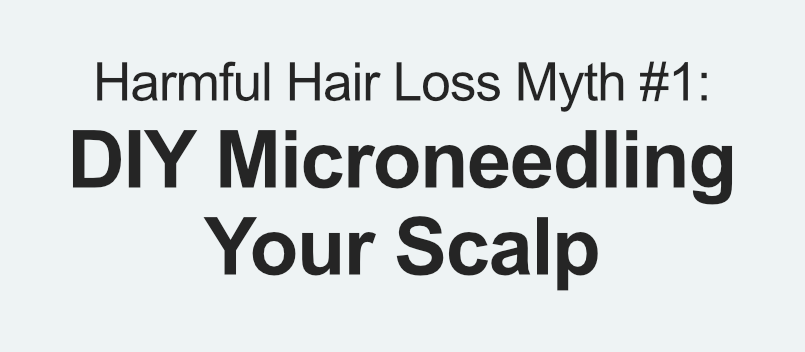
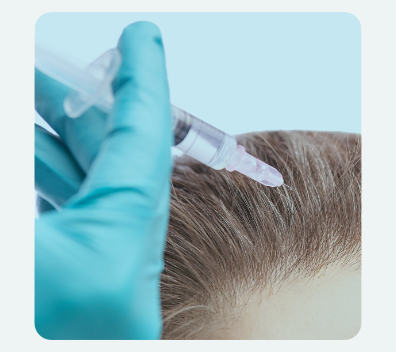 Dermatologists have started to use microneedling as a hair loss treatment. Also known as “derma-rolling”, this procedure uses tiny needles to create hundreds of microscopic punctures in your scalp.
Dermatologists have started to use microneedling as a hair loss treatment. Also known as “derma-rolling”, this procedure uses tiny needles to create hundreds of microscopic punctures in your scalp.
The science behind micro-needling is as follows: by irritating the skin and forcing it to heal itself, the blood flow to your scalp is supposed to increase. It is also believed that the healing process will trigger your body to produce more collagen and elastin, two key proteins that help hair growth.
While microneedling may be a new treatment for hair loss, that doesn’t mean you should try it at home.
Poking hundreds of holes on your scalp with a microneedle is not only painful, but dangerous. You could end up with an infection or worse, permanent scarring from puncturing too hard.
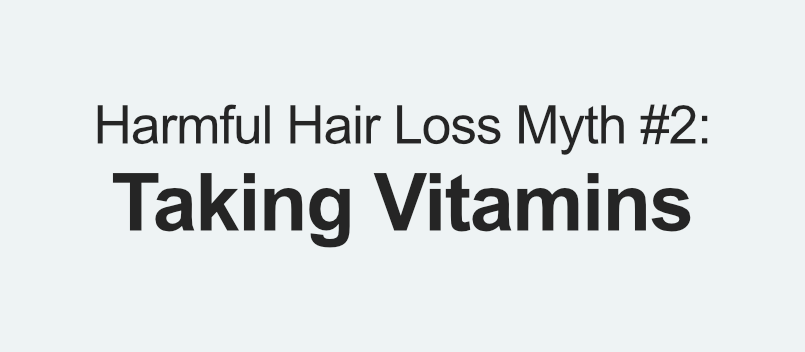
 You’ve probably seen those long lists of vitamins that claim to help with hair growth.
You’ve probably seen those long lists of vitamins that claim to help with hair growth.
At best, vitamins can help improve hair health and make it look shinier and fuller. But they *alone* will not stop your hair from falling out.
If you want to truly prevent hair loss, you must address the root cause: DHT.
DHT (dihydrotestosterone) is a hormone that is responsible for hair loss in both men and women.
Aside from taking medication that blocks this “hair-loss hormone”, you can try out natural supplements to lower or prevent DHT from forming in your body.
These natural DHT blockers include:
- Saw Palmetto
- Green Tea
- Stinging Nettle Root
- Pygeum Bark Extract
Each of these remedies have been shown to help block the production of DHT, and promote hair regrowth.

 You may have had an uncomfortable moment in the past when you noticed your hair getting thinner, thus panicking and running out to buy expensive hair care treatments.
You may have had an uncomfortable moment in the past when you noticed your hair getting thinner, thus panicking and running out to buy expensive hair care treatments.
Those volumizing shampoos, conditioners, even scalp treatments might have helped a little bit, but they only target the ‘outside’.
Proper hair care is both on the outside, AND the inside.
First, make sure you’re drinking plenty of water and getting adequate amounts of amino acids, both of which are essential for healthy hair.
Amino acids are found in the protein you eat, and they’re essential building blocks for rebuilding everything in your body—that includes your hair.
One study showed that patients that lacked key amino acids were also more likely to experience some form of hair loss.
Compared to patients who had a balanced diet, those with an amino acid deficiency were three times more likely to report hair shedding, and four times more likely to have thinning hair.1
That means eating more foods that are high in protein— think meat, poultry, fish, eggs, and dairy. This will help ensure you’re getting the essential amino acids necessary.
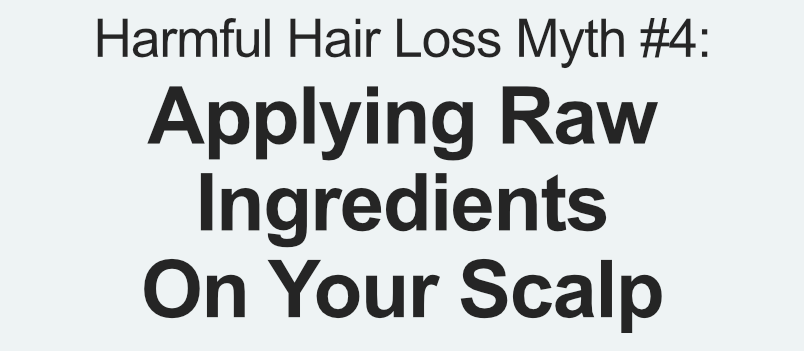
 You may have seen videos about people using raw ingredients like onion juice, garlic, and even cayenne pepper as a way to enhance hair growth.
You may have seen videos about people using raw ingredients like onion juice, garlic, and even cayenne pepper as a way to enhance hair growth.
While these ingredients may have some slim dietary benefits for hair growth… applying them directly to your scalp is not the best idea.
Onion juice, for example, has been shown to help with hair growth. But it can also cause skin irritation and a lingering burning sensation.
Garlic has been used for centuries to treat all sorts of medical issues, but applying it directly to your scalp can cause adverse skin reactions.
And cayenne pepper? It may help with hair growth, but at what cost? (Tip: Don’t touch your eyes or other sensitive areas after handling chili peppers.)
Instead of playing mad scientist with your scalp and potentially causing further damage, it’s best to leave the ingredients in the kitchen and stick to proven hair growth treatments.
There’s no doubt hair loss is a traumatic experience for both men and women.
While there are many myths and old wives tales about how to regrow hair, the truth is that there is no one-size-fits-all solution.
For true hair growth and protection, you must address the root cause and nourish your hair from within!



